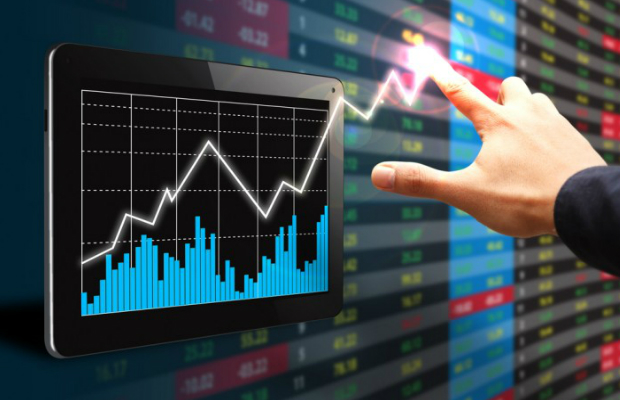What is a CFD?
What is a CFD? You may have heard of it or seen it on some of the more reputable trading forums. A CFD, for short, is a Contract for Difference. It is a way for two parties to agree to pay for something in different markets using market prices as a guide. In other words, it's a way for you to hedge your bets when buying or selling particular assets. But what exactly is a CFD? Many definitions are floating around the internet, so I will give you the most common definition: A CFD is a kind of alternative investment contract where two parties trade underlying assets (usually derivatives) with each other, and both advance payment for the underlying assets (typically by cash, check, money order, etc.) on a periodically scheduled basis (usually monthly or weekly).
Here's an example of CFD Trading in a nutshell.
When trading contracts for difference (CFDs), you must understand what kind of margin and leverage you will need. The lower the price, the higher the margin that you must pay. For example, if you have a $100,000 purchase on an $80,000 asset, the contract for the difference will require 5% of the purchase price. If the price drops to $50,000, you will require only 2.5% of the purchase price. However, some services, such as robo signing, allow you to increase your leverage by entering additional bids and rebidding at any time after you have initially submitted your order.
Leverage and Margin
You can use margin and leverage to increase your profit. Margin is simply the amount you are willing to pay to buy a stock above the asking price. So if you want to buy stock for $25, but the market price is currently $40, then you can use $2,500 worth of margin. If the stock price goes up to $45, you can use another $2,500 worth of margin. As long as you're not actually buying the stock, there is no money involved in this trade, and thus no profit is being made. However, if you do end up buying the stock at a higher price than what was quoted to you by the market maker, then your profit is.
Now’s that out of the way, what are the benefits and risks of CFD trading?
CFD Benefits
Leverage - CFD leverage can be potent. You can take positions with little to no risk, increasing your money by taking positions that generally would not be profitable even if others charge a higher rate. So, what is leverage? It is the ability to effectively use borrowed funds to buy assets with your own property sales proceeds. CFD Leverage effectively allows you to take possession of (and pay for) underlying assets even when you don't have sufficient funds to cover the purchase price of the asset itself. As a result, you may obtain access to markets that would otherwise be unavailable to you.
Accessibility - Accessibility is one of the most important factors when you trade with CFDs. Most of the time, the best options are those that allow you to follow your trades anywhere in the world at any time. Not only that, but these platforms also run continuously so that you can keep an eye on your position even if you are not logged into the trading platform. One note to take in, check with your broker's trading hours first before doing any trading activity — this is because CFD trading runs 24 hours a day. Finding a suitable self-directed brokerage will require some time and research, but it's well worth it. Most traders limit their trading activities to a few key markets, and those markets will remain accessible from their phones.
Cost - The advantages of employing CFDs are sometimes overlooked. There is essentially little to no trading transaction cost with CFD trading. You supply the information, and the system returns the results. The only expense you might incur is the time it takes to download and evaluate the trading signals included in market data.
Diversity - The CFD has become the largest, most liquid futures exchange in the world. It offers a wide range of products with advanced features and maintains a stable network of servers in multiple data centers worldwide. CFD trading has services on major currencies like the British pound, the Euro, the Japanese yen, and the US dollar. Anyone in the world can create an account and start trading instantly—no need to wait for confirmations from banks or vendors. You can also choose from several trading platforms, including bitcoin, Ether, Lite coin, Dash, and more.

EmoticonEmoticon